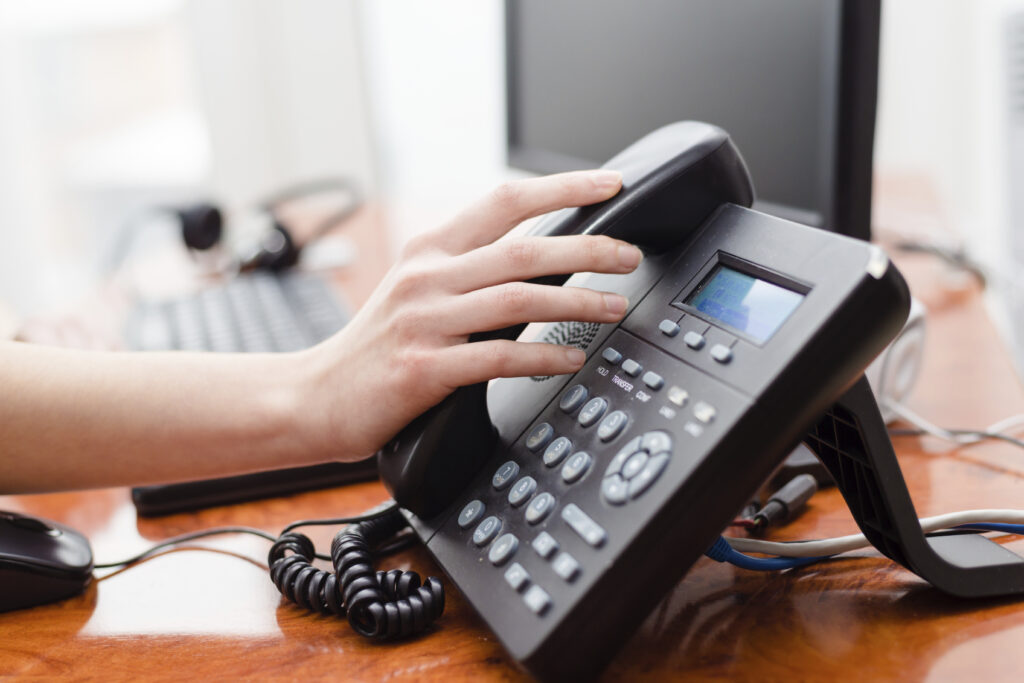
TCPA: North Carolina District Court Recognizes Good Faith Defense for Wrong Number Call
In cursory fashion, a North Carolina District Court has recognized a good faith defense to TCPA claims where calls were made to a wrong number. In Danehy v. Time Warner Cable Enterprises, a contractor acting on behalf of Time Warner made six calls to the plaintiff over the course of two days. The calls were intended for a third party Time Warner customer who had provided the cell number in question to Time Warner as a secondary number where he could be reached. The calls were made in response to a request for service by the third party customer. The plaintiff filed suit asserting two claims under the TCPA: (a) placing unsolicited calls to a cell number through an ATDS without the recipient’s prior express consent; and (b) calling a number listed on the national do-not-call registry. On summary judgment, Time Warner argued, among other things, that both of the plaintiff’s claims should be dismissed based upon Time Warner’s good faith reliance on its customer’s consent to call the number in question. The motion was referred to a magistrate judge who agreed and recommended that the motion for summary judgment be granted, and the claims dismissed. In reviewing the magistrate’s recommendations, the district court found no clear error and entered summary judgment in favor of Time Warner.
In its memorandum and recommendations, the magistrate judge noted that “it is undisputed that the defendant believed in good faith not only that it did have consent to call the…number, but also that the calls were being made for a service TWC’s Customer had requested.” Danehy, Dkt No. 19, p. 11. After looking at the circumstances surrounding the calls to the plaintiff, the magistrate judge found that “[u]nder the circumstances presented, defendant’s good faith belied that it had consent to call the…number would make imposition of liability under section 227(b) unjust.” Id.
The facts the court gave deference to were as follows:
- Time Warner’s Residential Services Subscriber Agreement with its customer expressly provided consent to be called at numbers provided by the customer for any purpose. The agreement further acknowledges Time Warner’s potential use of automated telephone dialing systems and automated messaging;
- The customer had provided the number at issue as a secondary number at which he could be reached;
- Time Warner had made calls to the customer and received calls from the customer at the number in question over the course of four years;
- The calls in question were made after calls to the customer’s primary number resulted in a busy signal;
- The six calls made were made the night before and the morning of the scheduled service;
- Of the six calls made, the first two reached the plaintiff’s cellular telephone, but no voice mail was left. The third call was answered by the plaintiff, but he took no action. The fourth and fifth calls (both made the day of service) reached the cellular telephone, but no voice mail was left. The final call resulted in a voice-mail;
- The cellular number was obtained by the plaintiff a few months before the calls occurred.
The case provides some cautious optimism for the debt collection industry that under the right circumstances, a good faith defense may have some traction in TCPA wrong number cases. It’s also worth noting that both the magistrate judge and the district court cited favorably Chyba v. First Financial Asset Mgmt., 2014 WL 1744136 (S.D. Cal. Apr. 30, 2014) (holding that the collection agency was not liable under the TCPA for calls made to a wrong party where the agency was acting in good faith based upon information provided to it).

